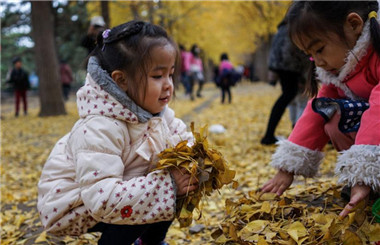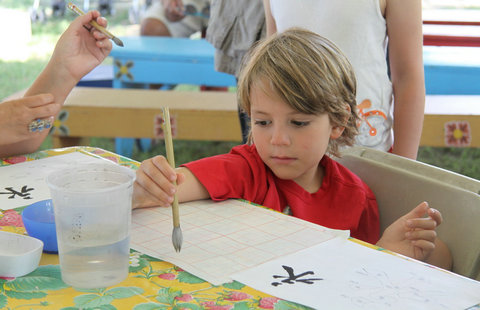Veteran reinvents classic tale
By Chen Nan ( China Daily ) Updated: 2015-11-20 07:31:54
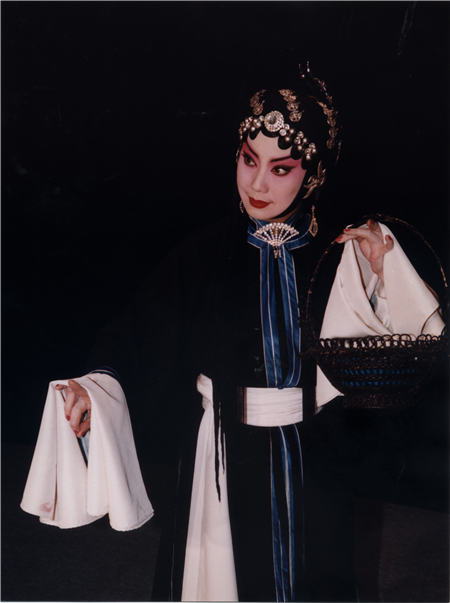 |
|
Li Weikang, one of the country's most famous Peking Opera performers, wants to use her experience to keep the traditional theater form fresh. |
In one of the scenes, Chenxiang and Qiu'er, the son of Liu and his second wife, Wang Guiying, kill one of their classmates, who is the son of an official.
To protect Chenxiang, Wang decides to take Qiu'er to the official.
In the original version, the mother sings slowly. But Li has quickened the pace of the song because of the mother's anxiety and her dilemma of choosing between the two sons.
Li says: "I like the conflict portrayed through the story, especially the mother's inner struggle when she has to sacrifice her own son.
"Peking Opera has so many great ways to interpret a role, especially in showing complex emotions, which will connect with today's audiences."
According to Zhang Kaihua, the president of the China National Peking Opera Company, The Magic Lamp was remade by the company in 1990, and has since become one of the most popular Peking Opera pieces.
"We invited Li to be the artistic director because of her rich experience and her devotion to researching and reviving the old art form," says Zhang.
Born in Beijing, Li studied dan (female role) performances for the opera at the National Academy of Chinese Theater Arts in 1958 and made her debut at age 12. Li has been with the Peking Opera company since 1966 and won the First China Plum Blossom Prize in 1984, the country's top award for dramatic performances on stage.
Her earliest memory of the art form is from the age of 4, when she and her father watched Peking Opera master Mei Lanfang perform in The Drunken Concubine at a Beijing theater.
She has studied with many renowned Peking Opera artists and her singing style integrates the schools of Mei, Cheng and Zhang, while absorbing the highlights of many other local operas.
Li says that Peking Opera was very popular in China when she was young.
|
|
|
|
|
|
|
|


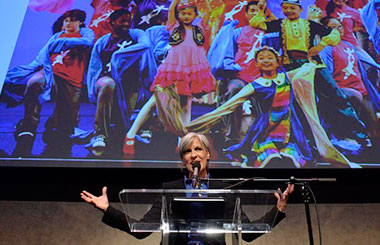


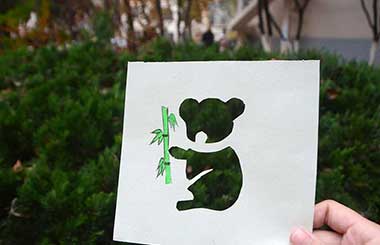
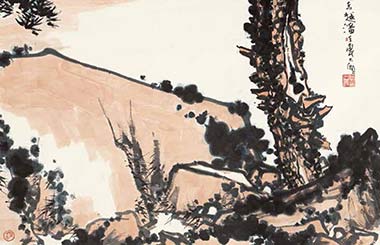
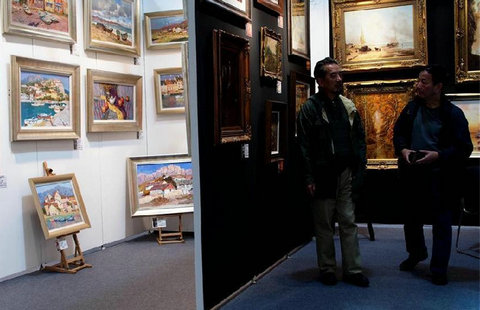

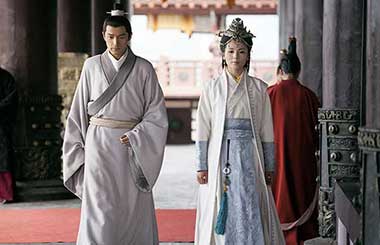




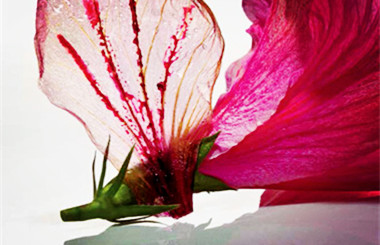



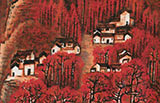



 Raymond Zhou:
Raymond Zhou: Pauline D Loh:
Pauline D Loh: Hot Pot
Hot Pot Eco China
Eco China China Dream
China Dream China Face
China Face

